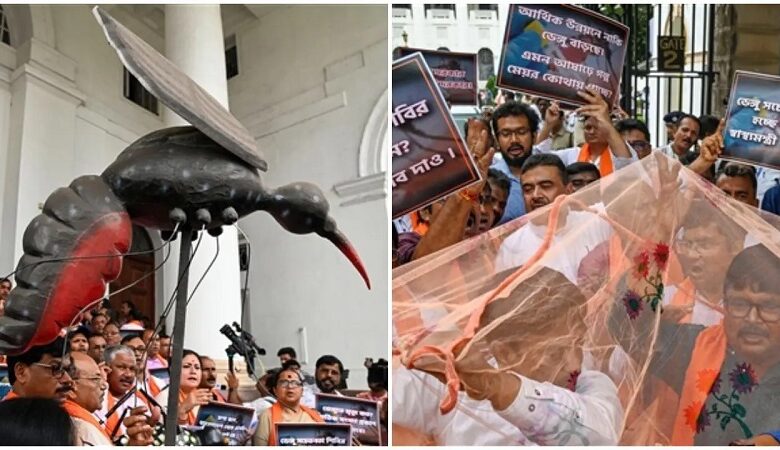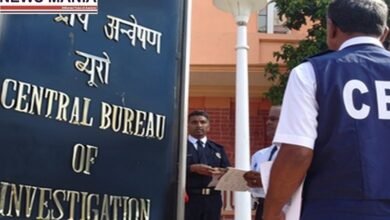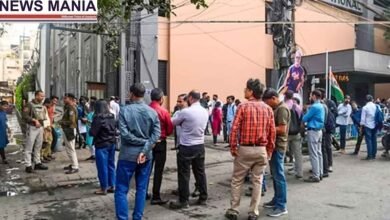Dengue Cases on the Rise in West Bengal as Monsoon Brings Concerns

News Mania Desk/Agnibeena Ghosh/8th July 2024
Early reports from West Bengal indicate a concerning rise in dengue cases as the monsoon season progresses, with over 2,000 individuals affected by the first week of July. Health Department sources revealed that as of July 4, the number of reported cases had already reached 2,095, with expectations that the actual figures could be higher due to underreporting. Notably, districts like Malda and Murshidabad have reported the highest numbers, along with significant cases in Durgapur, an industrial town in West Burdwan district.
The Health Department is actively coordinating with local civic authorities to manage the situation effectively and prevent further escalation.
The surge in dengue cases in West Bengal mirrors a troubling trend observed in 2023 when the state recorded over 76,000 cases by November, surpassing the figures from the previous year by approximately 10,000 cases. With the monsoon season yet to reach its peak in the state, health experts are cautious about the possibility of a similar or higher number of cases this year.
Dengue, transmitted by mosquitoes carrying the dengue virus, typically manifests with symptoms such as fever, joint and muscle pain, fatigue, nausea, and skin rash. The monsoon season exacerbates dengue outbreaks due to increased mosquito breeding in stagnant water caused by heavy rainfall.
Medical professionals stress the importance of timely reporting of all dengue cases to the National Centre for Vector Borne Diseases Control (NCVBDC) to facilitate effective disease monitoring and control measures. Last year, West Bengal was noted for not sharing dengue data with the central monitoring agency, highlighting the need for improved reporting mechanisms.
As West Bengal prepares to combat the dengue challenge amid the monsoon, public health initiatives focusing on mosquito control and community awareness become crucial. Prevention measures, including mosquito repellents, eliminating stagnant water sources, and wearing protective clothing, are recommended to mitigate the risk of dengue transmission.
With ongoing efforts to monitor and contain the spread of dengue, health authorities in West Bengal remain vigilant, emphasizing proactive measures to safeguard public health during this critical period.






